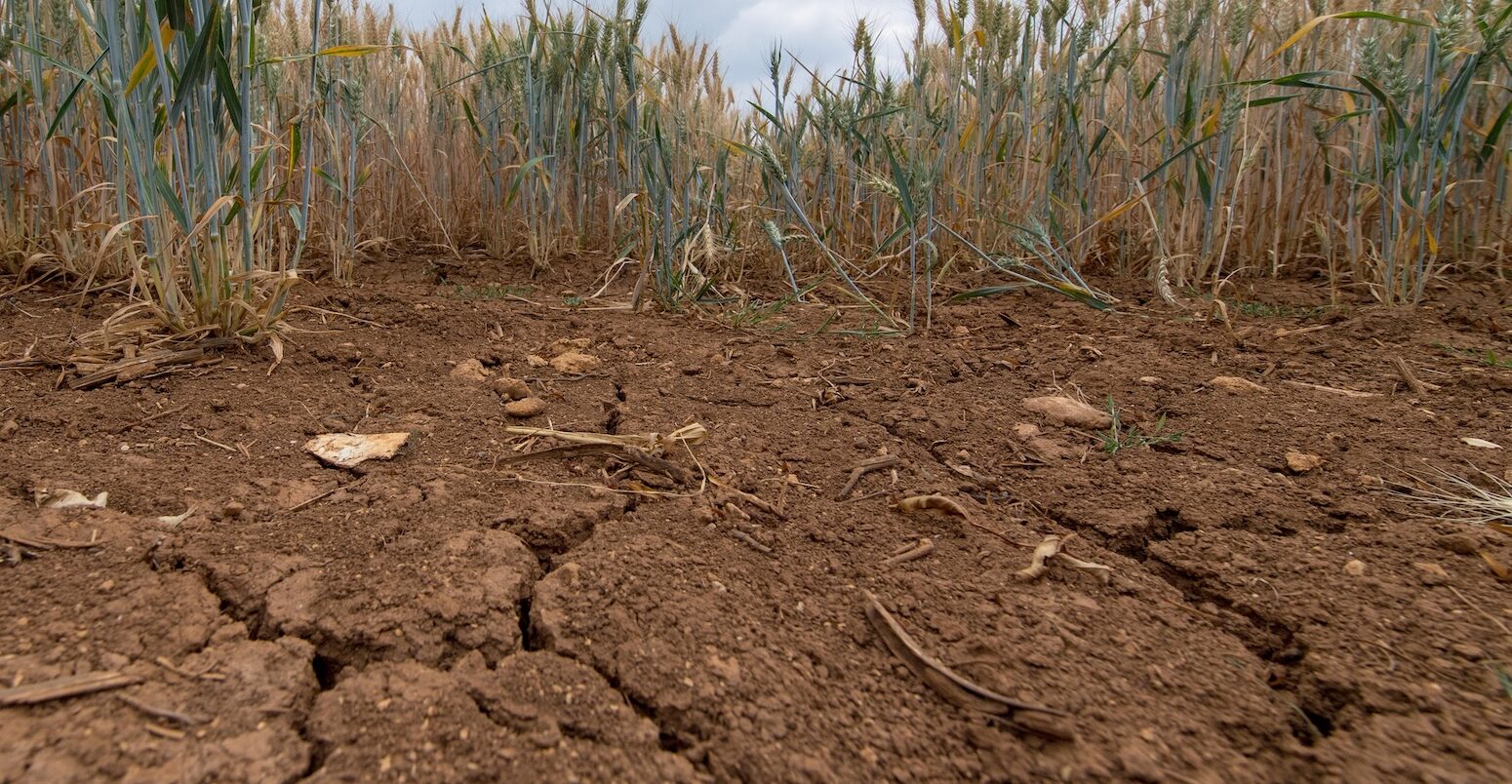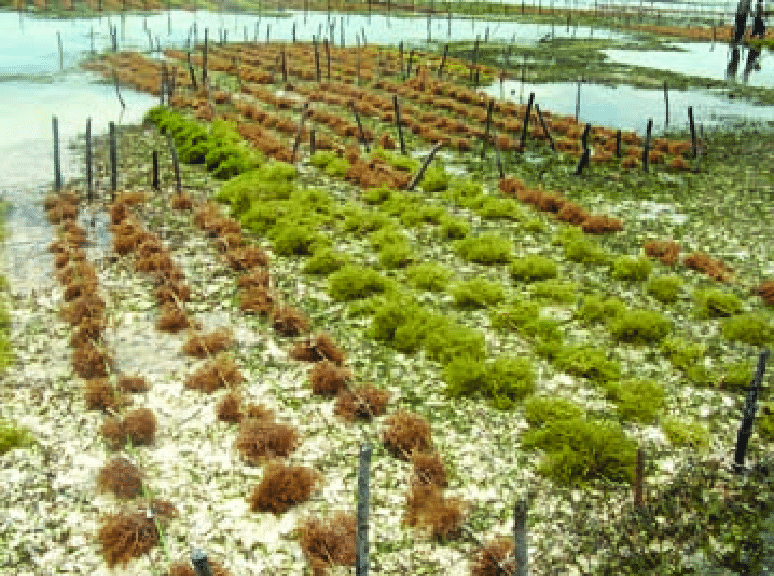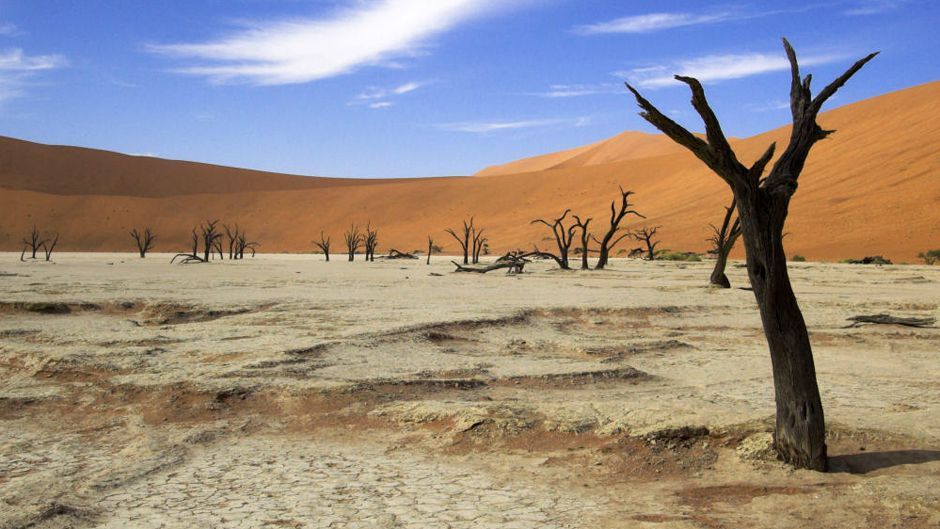In a significant gathering, First Nations representatives and Quebec’s Ministry of Natural Resources and Wildlife (MRNF) convene to address the future of forestry in the region. Indigenous leaders emphasize the importance of respect, advocating for collaborative management and equitable royalties in forestry activities. However, tensions arise as Quebec proposes harvesting trees in fire-affected zones, prompting a heated discussion regarding the balance between economic growth and environmental conservation. The dialogue underscores the complex interplay between Indigenous rights, economic development, and the imperative to mitigate climate change within the forestry sector.
In a dimly lit conference room in Quebec, the air is thick with anticipation and the weight of centuries of history. On February 16, 2024, representatives from First Nations and the Ministère des Ressources naturelles et des Forêts (MRNF) of Quebec convene to chart the future of the forest that has sustained, clothed, and housed generations. This consultation meeting is not just a bureaucratic engagement; it’s a pivotal moment in the ongoing dialogue between the Quebec government and First Nations concerning forestry activities. Central to the discussions are the government’s logging practices, the rights of First Nations, and the call for increased conservation efforts in the face of climate change.
Voices of the Forest
As the meeting unfolds, the room resonates with the voices of First Nations leaders, expressing their concerns over the government’s apparent disregard for their rights in its logging activities. They argue for a paradigm shift towards more sustainable and respectful forestry management practices. “Our forests are not merely resources to be exploited,” one leader states emphatically, “they are the very essence of our heritage, culture, and sustenance.” The leaders demand free, prior, and informed consent on any forestry projects, a co-management approach to territory governance, and a fair share of the royalties from the resources extracted from their lands. These demands highlight a broader issue at play: the need for reconciliation and respect for Indigenous rights in natural resource management.
A Nation’s Commitment Under Scrutiny
Meanwhile, the federal government of Canada has made a bold promise to plant two billion trees by 2031, aiming to combat climate change and restore natural habitats devastated by forest fires and other calamities. Quebec, still reeling from the scars of forest fires the previous year, finds itself at the center of a debate. The province seeks permission from the federal government to allow its forestry industry to harvest trees in the affected areas, a move that contradicts the 2 Billion Trees program’s mandate, which funds only non-commercial tree planting. This request has stirred controversy and raised questions about the balance between economic development and environmental stewardship.
The Path Forward
The consultation meeting between First Nations and the MRNF is a microcosm of the larger challenges facing Quebec and Canada as a whole. How can a nation committed to fighting climate change reconcile its environmental aspirations with the economic imperatives of its forestry industry? How can it honor its promises to Indigenous Peoples, ensuring their rights, cultures, and livelihoods are respected and protected? These are not questions with easy answers, but the dialogue initiated in meetings like the one in Quebec is a step towards finding a path forward that honors all stakeholders.
As the meeting adjourns, there’s a sense of cautious optimism in the air. The discussions have laid bare the complexities and challenges of managing Quebec’s forests in a way that respects both the rights of First Nations and the province’s economic needs. The call for free, prior, and informed consent, co-management of the territory, and royalty sharing by First Nations leaders underscores a fundamental demand for respect and recognition. Meanwhile, the federal government’s tree-planting pledge serves as a reminder of the urgent need to address climate change. As Quebec seeks permission to harvest trees in areas affected by last year’s forest fires, the balance between restoration and commercial use of forests remains a contentious issue. The path forward is fraught with challenges, but the ongoing negotiations between the Quebec government and First Nations offer a glimmer of hope for a future where the forest is not just seen as a resource, but as a shared heritage that must be protected and managed with care, respect, and mutual understanding.




